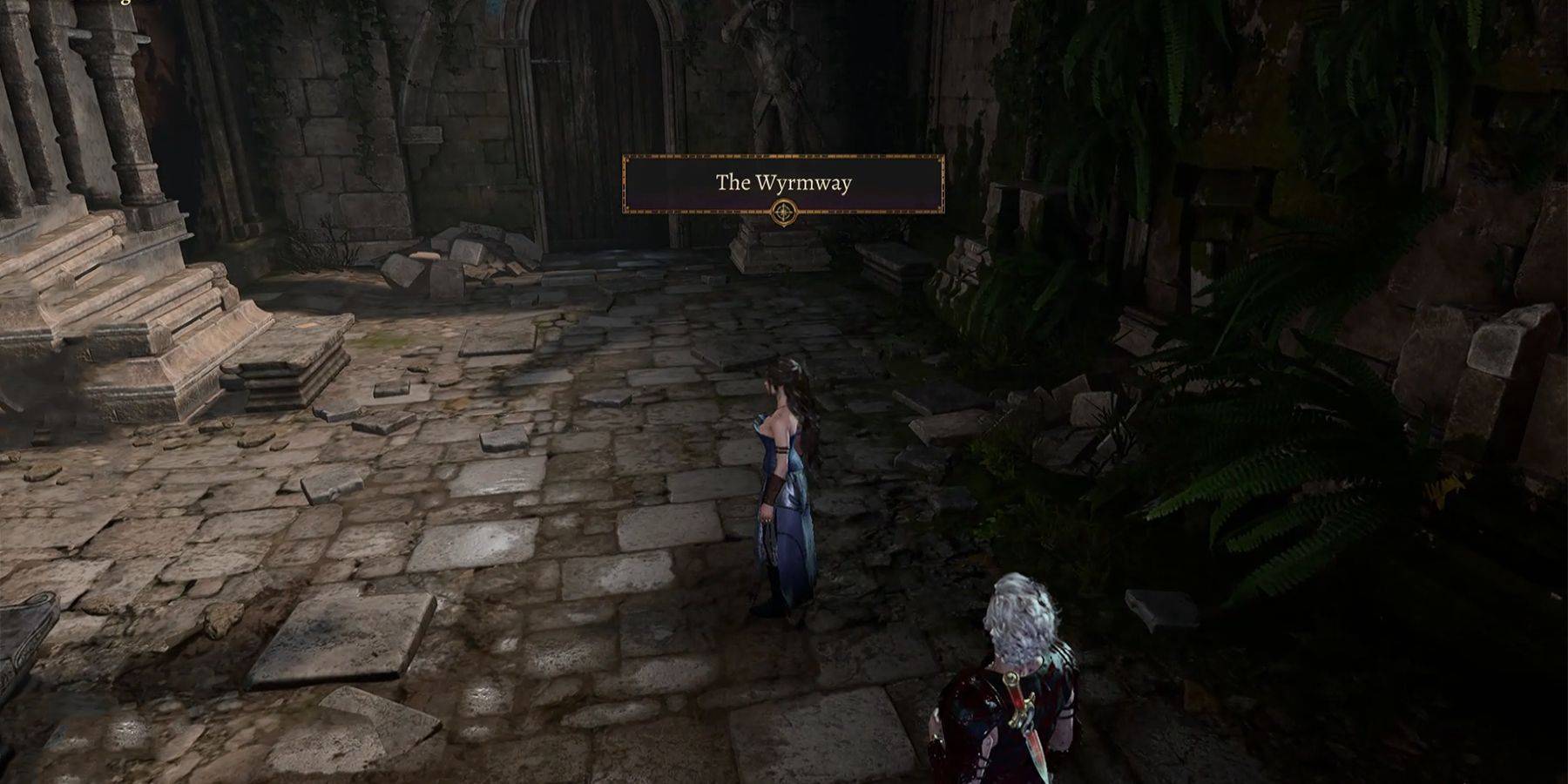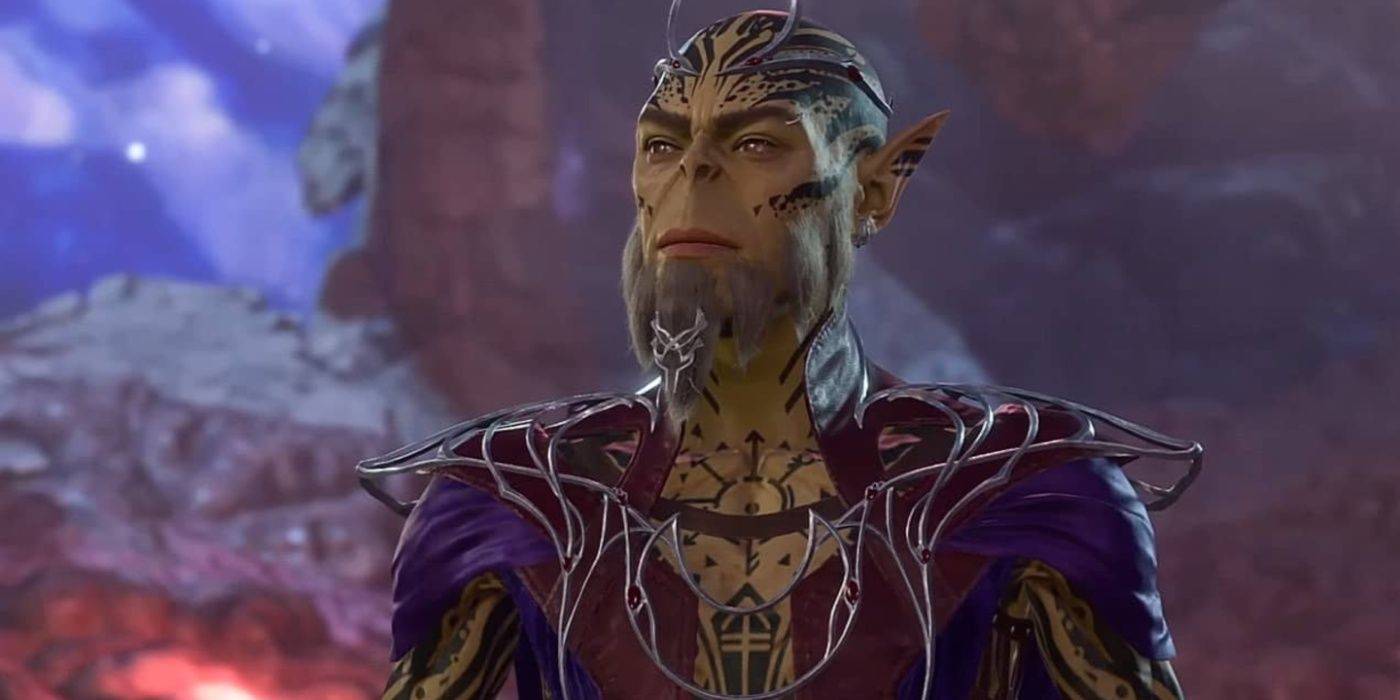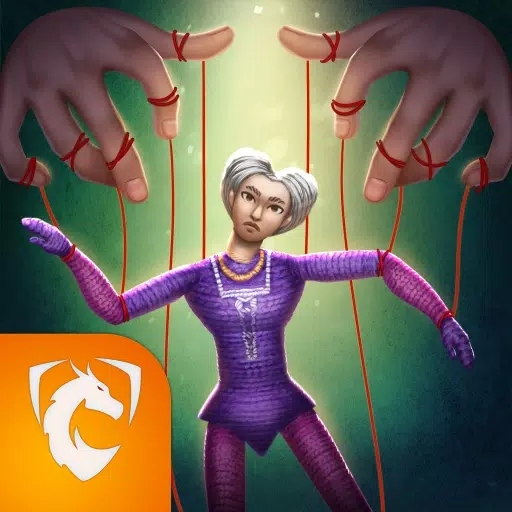In Baldur's Gate 3, one of the most crucial decisions impacts the game's climax. Players must choose between freeing the imprisoned Githyanki Prince Orpheus or allowing the Emperor to handle the situation. This decision, made after acquiring the Orphic Hammer, significantly alters the party's fate.

Updated February 29, 2024: Before confronting this choice, players must defeat Ketheric Throm, Lord Enver Gortash, and Orin. This requires thorough exploration of Baldur's Gate's upper and lower districts. The decision's weight is amplified by the possibility of companion sacrifices. High skill checks (30+) may be necessary to influence companion decisions.
Spoiler Warning: The following discusses the game's ending.
Should You Free Orpheus?

This hinges on player preferences. The Emperor warns that freeing Orpheus risks party members becoming Illithids. After the Netherbrain battle (within the Astral Prism), the choice is presented: free Orpheus or let the Emperor absorb his power.
Side with the Emperor: This leads to Orpheus' demise, as the Emperor absorbs his knowledge. Lae'zel and Karlach may disapprove. While it aids in defeating the Netherbrain, it may negatively impact these companions' personal quests.
Free Orpheus: This causes the Emperor to potentially side with the Netherbrain. A party member might become a Mind Flayer. However, Orpheus joins the fight against the Netherbrain, potentially sacrificing himself to prevent others from becoming Mind Flayers if prompted.
Ultimately, choose the Emperor to avoid becoming a Mind Flayer, but free Orpheus if you accept the risk of Illithid transformation for yourself or your companions. The Emperor's path might alienate Lae'zel and send Karlach back to Avernus.
Moral Considerations:
The "good" choice depends on individual perspectives, primarily loyalty. Orpheus is the rightful Githyanki ruler, opposing Vlaakith's tyranny. A Githyanki player might naturally side with him. However, following Voss and Lae'zel's demands might seem overly forceful. The Gith prioritize themselves, potentially impacting the wider world.
The Emperor is generally benevolent, aiming to defeat the Netherbrain and assist the party. He accepts the possibility of sacrifice. While his plan may lead to Illithid transformation, it's a morally upright path. Remember, BG3 features multiple endings, allowing for outcomes beneficial to all involved, given the right choices.















